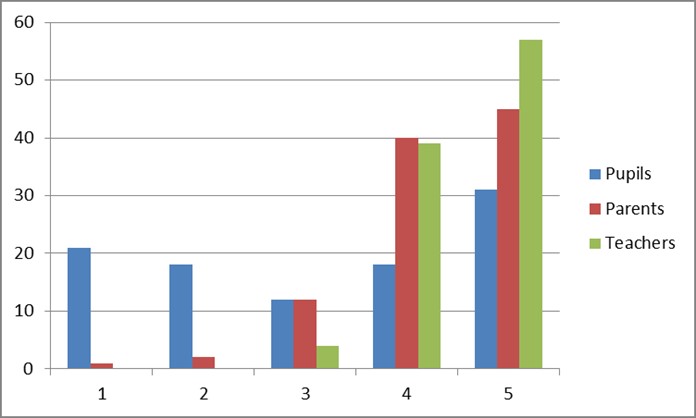Utilizing the European Programmes “Erasmus+” for the Development of Cultural Education
The Case of Western Attica, Greece
Abstract
This paper presents a small-scale survey that records the opinions of the educational community (pupils, parents and teachers) of Western Attica (Greece), an area with acute social problems and conditions, about the importance of Cultural Education, with the purpose of incorporating it into the daily activities of high-schools. This survey has been conducted within the framework of the European Programmes “Erasmus+” that support educational initiatives, regarding the mobility of students and teachers in the European Union’s member states and other associated countries, with the purpose of training in issues of common interest. The relevant activities of the overall methodology that is presented herein include the training of high-school teachers in Cultural Education issues. This training aims at achieving the strategic goal of the local educational administration, which considers Cultural Education as a prime tool for confronting social problems in school communities, worldwide.


This work is licensed under a Creative Commons Attribution 4.0 International License.
Copyright for this article is retained by the author(s), with first publication rights granted to the journal.
This is an open-access article distributed under the terms and conditions of the Creative Commons Attribution license (http://creativecommons.org/licenses/by/4.0/).








1.png)

















